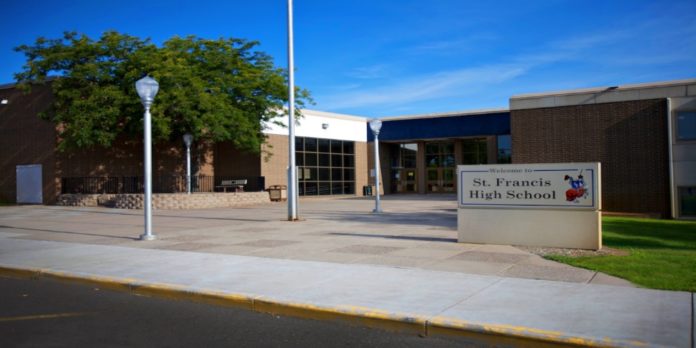Only four out of a possible 16 school district bonding referendums have been approved since January 2017, the lowest rate on record.
In the 17 years the Minnesota School Boards Association has been tracking bond issue data, the 25 percent mark thus far in 2017 is the lowest ever recorded, reports the Star Tribune. In a typical year, somewhere between 40 and 60 percent of these referendums pass.
Voters in the Sauk Rapids-Rice school district rejected a new elementary school and other projects, reports the Star Tribune. In the Pierz school district voters rejected plans to add a new gymnasium, turn an old band room into a cafeteria, and other upgrades.
Alpha News previously reported that the St. Francis school district saw taxpayers reject two bonding referendums that would have totalled $107.8 million. In the first question posed to voters, a request for $92.28 million for “acquisition and betterment of school facilities” was rejected 55-45. A further request for $15.52 million for the construction of a community center was rejected even more emphatically, at 62-38.
“This referendum like every referendum is ‘about the children,’ ‘you must hate the children,’” Oak Grove Mayor Mark Korin told Alpha News about the St. Francis referendums, “These big government types are really good at damning you so you don’t stand in opposition. Well I’m going to stand up and say ‘when is enough enough?’”
Rural districts especially may simply be feeling the continually increasing tax burden, and are done agreeing to shoulder a bigger load.
“Some of the ag folks feel like they’ve had a rough few years in the ag industry, and it’s a difficult time for us to ask them to give a lot,” Pierz school district Superintendent George Weber told the Star Tribune.
In the case of the St. Francis referendums, the school district purposefully chose to have the referendum occur in May 2017 rather than November 2016. School district officials said that priorities are simply different in presidential election years and that they wanted the focus to stay on schools.
As such, the school board referendum season may not yet be over, and the success rate for referendums still has time to recover, or fall even further.











